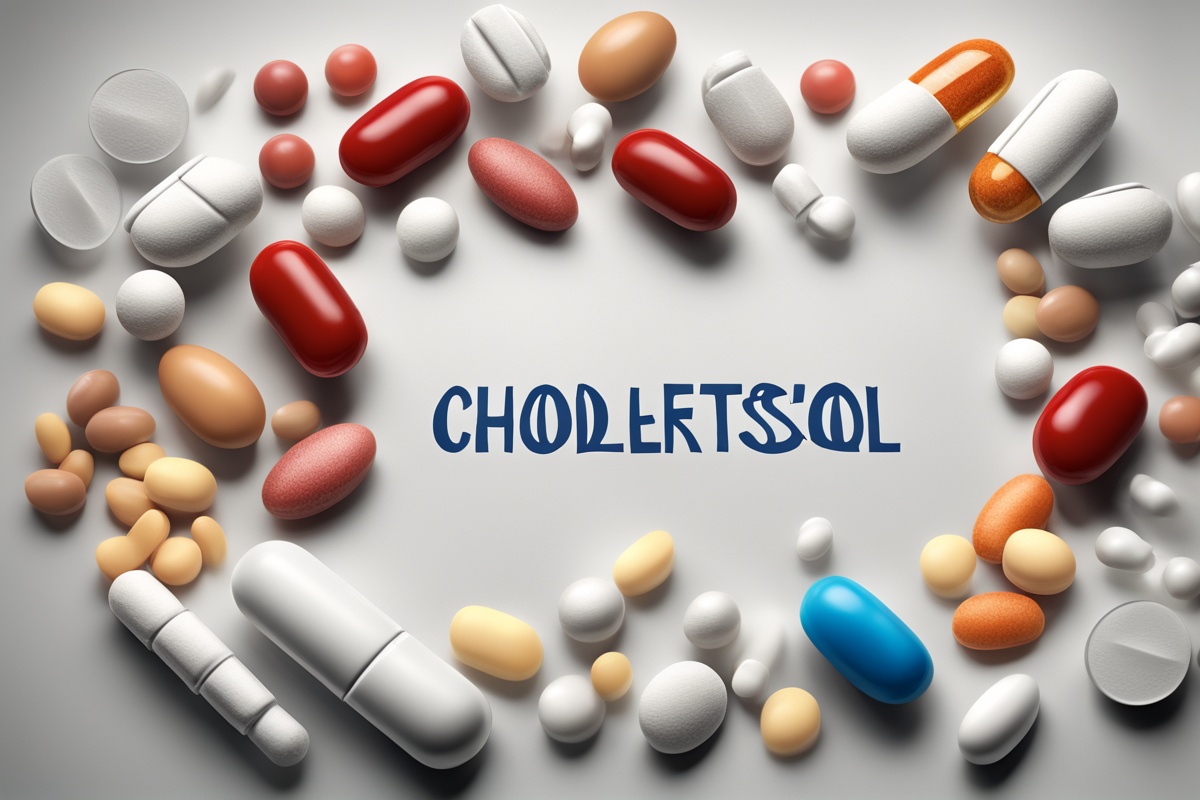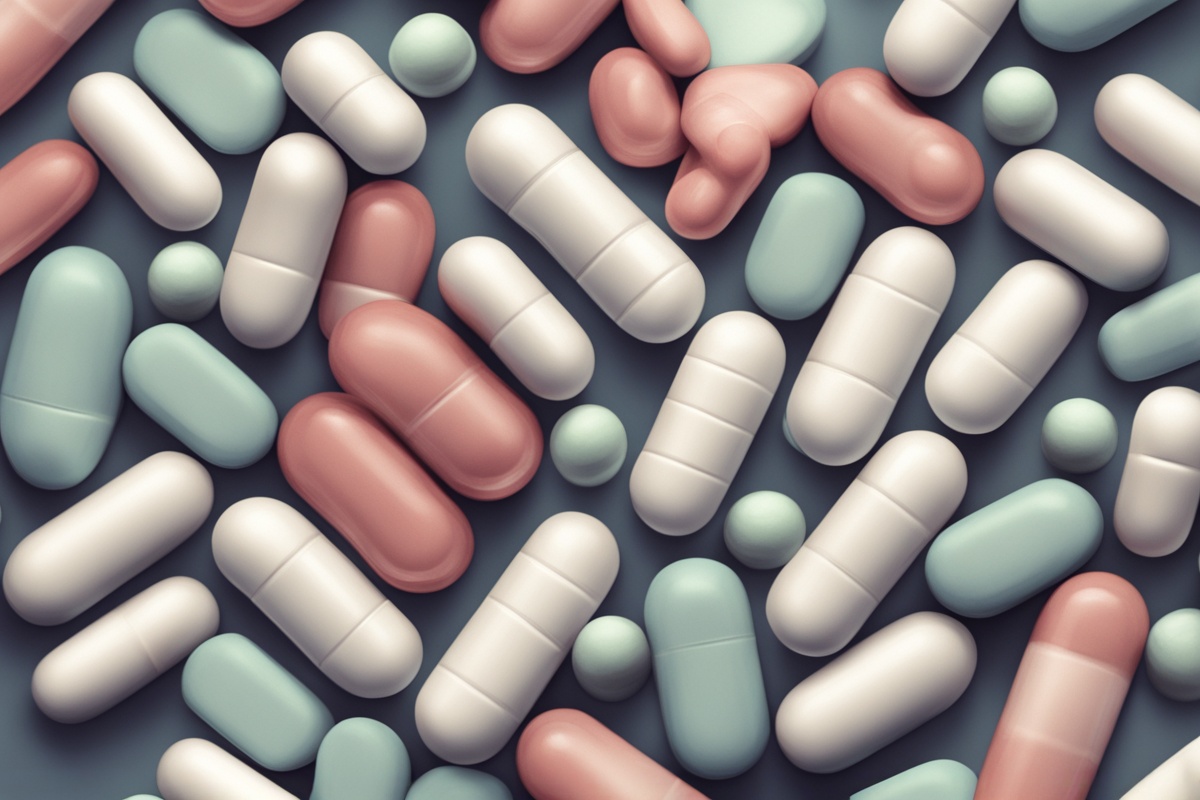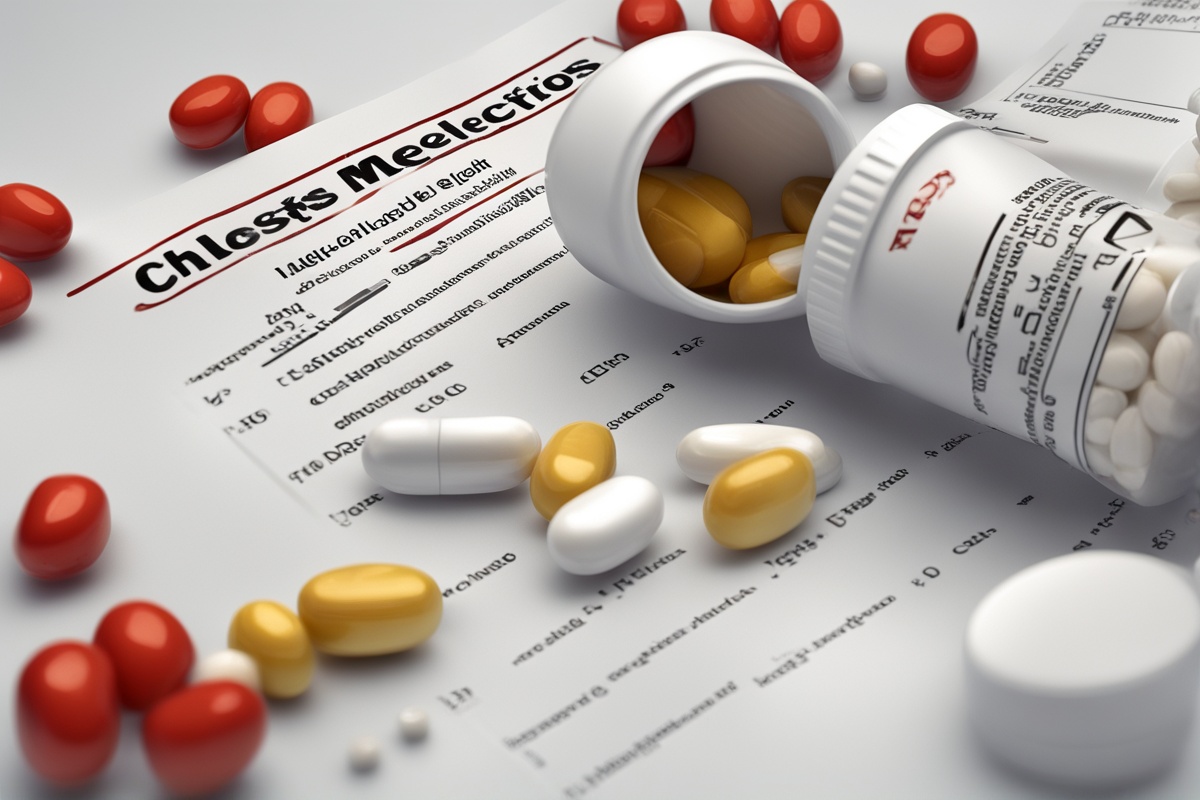Cholesterol management is a critical aspect of maintaining heart health, especially for those at risk of cardiovascular diseases. One innovative approach gaining attention is the use of PCSK9 inhibitors, a class of medications designed to lower harmful cholesterol levels effectively. If you’re curious about How Pcsk9 Inhibitors Work, this post will provide a detailed look into their mechanism, benefits, and role in affordable cholesterol management. Let’s dive into the science and practical applications of this groundbreaking therapy.
What Are Pcsk9 Inhibitors?
PCSK9 inhibitors are a relatively new class of drugs specifically developed to target high levels of low-density lipoprotein (LDL) cholesterol, often referred to as “bad cholesterol.” Unlike traditional medications, these inhibitors work by blocking the PCSK9 protein, which plays a significant role in regulating LDL cholesterol levels in the bloodstream. Introduced in 2015, drugs like alirocumab and evolocumab have shown remarkable results in clinical trials, reducing LDL levels by up to 60% in some patients [1]. They are typically administered as injections every two to four weeks and are often prescribed for individuals who cannot achieve desired cholesterol levels with other treatments. For more on cholesterol management options, check out Lowering Cholesterol on a Budget.
How Pcsk9 Reduces LDL Levels
Understanding How Pcsk9 Inhibitors Work requires a closer look at their biological mechanism. The PCSK9 protein naturally binds to LDL receptors on the surface of liver cells, marking them for destruction. This process reduces the liver’s ability to remove LDL cholesterol from the blood, leading to higher circulating levels. PCSK9 inhibitors block this protein, allowing more LDL receptors to remain active and clear excess cholesterol from the bloodstream [2]. This targeted approach is particularly effective for patients with genetic conditions like familial hypercholesterolemia, where LDL levels are dangerously high. The result is a significant reduction in heart disease risk over time.
- PCSK9 inhibitors bind to the PCSK9 protein, preventing it from attaching to LDL receptors.
- More active LDL receptors on liver cells increase cholesterol uptake from the blood.
- Lower circulating LDL levels reduce the risk of plaque buildup in arteries.
- This mechanism is especially beneficial for statin-intolerant patients.
- Clinical studies show consistent LDL reductions across diverse patient groups [3].
Benefits of Pcsk9 Therapy
The advantages of PCSK9 inhibitors extend beyond just lowering LDL cholesterol. These medications have been shown to significantly reduce the risk of major cardiovascular events, such as heart attacks and strokes, in high-risk patients. They are also a vital option for individuals who experience side effects from other cholesterol-lowering drugs like statins. Additionally, their biweekly or monthly dosing schedule offers convenience compared to daily pills. For those exploring treatment options, resources like Cholesterol Medications: Affordable Care with Generic Statins can provide further insights into complementary therapies. Imagine discovering a treatment like PCSK9 inhibitors that finally brings your cholesterol under control after years of struggle—it’s a game-changer for many.
Comparing Pcsk9 to Statins
Statins have long been the cornerstone of cholesterol management, but how do they stack up against PCSK9 inhibitors? Statins work by inhibiting an enzyme in the liver responsible for cholesterol production, while PCSK9 inhibitors enhance the body’s natural ability to remove LDL cholesterol. While statins are often the first line of treatment due to their widespread availability and lower cost, PCSK9 inhibitors are typically reserved for patients who don’t respond adequately to statins or experience intolerable side effects. For a deeper dive into statin benefits, visit Best Understanding Statin Drugs Benefits for Heart Health. Both treatments can be complementary, with some patients using them together for optimal results [4].
- Statins reduce cholesterol production; PCSK9 inhibitors increase cholesterol clearance.
- Statins are oral and daily; PCSK9 inhibitors are injectable and less frequent.
- PCSK9 therapy often targets more severe or resistant cases.
Understanding Cholesterol Treatment Cost
One of the most pressing concerns for patients is the cholesterol treatment cost associated with advanced therapies like PCSK9 inhibitors. While these drugs are highly effective, their price can be a barrier for some, often costing thousands of dollars per year without insurance coverage. However, cost-saving drugs and assistance programs are increasingly available to make these treatments more accessible. In comparison, options like generic statins have a much lower atorvastatin price, making them a more budget-friendly choice for many. Exploring insurance options, manufacturer discounts, and generic alternatives can help manage expenses effectively [5]. What is the true cost of managing cholesterol, and how can you balance efficacy with affordability? These are key questions to discuss with your healthcare provider.
Who Needs Pcsk9 Medications?
PCSK9 inhibitors are not for everyone, but they fill a critical gap for specific patient groups. They are often prescribed to individuals with familial hypercholesterolemia, a genetic condition causing extremely high LDL levels from birth. Additionally, patients with a history of cardiovascular events who cannot achieve target cholesterol levels with statins alone may benefit from this therapy. Those intolerant to statins due to side effects like muscle pain also find PCSK9 inhibitors to be a viable alternative. Healthcare providers assess factors such as medical history, current LDL levels, and overall heart risk before recommending this treatment [6]. If you’re unsure whether this therapy is right for you, a detailed discussion with your doctor can clarify your options.
References
- [1] Clinical Trial on PCSK9 Inhibitors Efficacy, Journal of Cardiology, 2023
- [2] Study on PCSK9 Protein Mechanism, American Heart Association, 2022
- [3] Research on LDL Reduction with PCSK9 Therapy, New England Journal of Medicine, 2021
- [4] Comparative Analysis of Statins and PCSK9 Inhibitors, Cardiovascular Research, 2020
- [5] Report on Cholesterol Treatment Costs, Health Economics Review, 2023
- [6] Guidelines for PCSK9 Inhibitor Use, National Lipid Association, 2022




